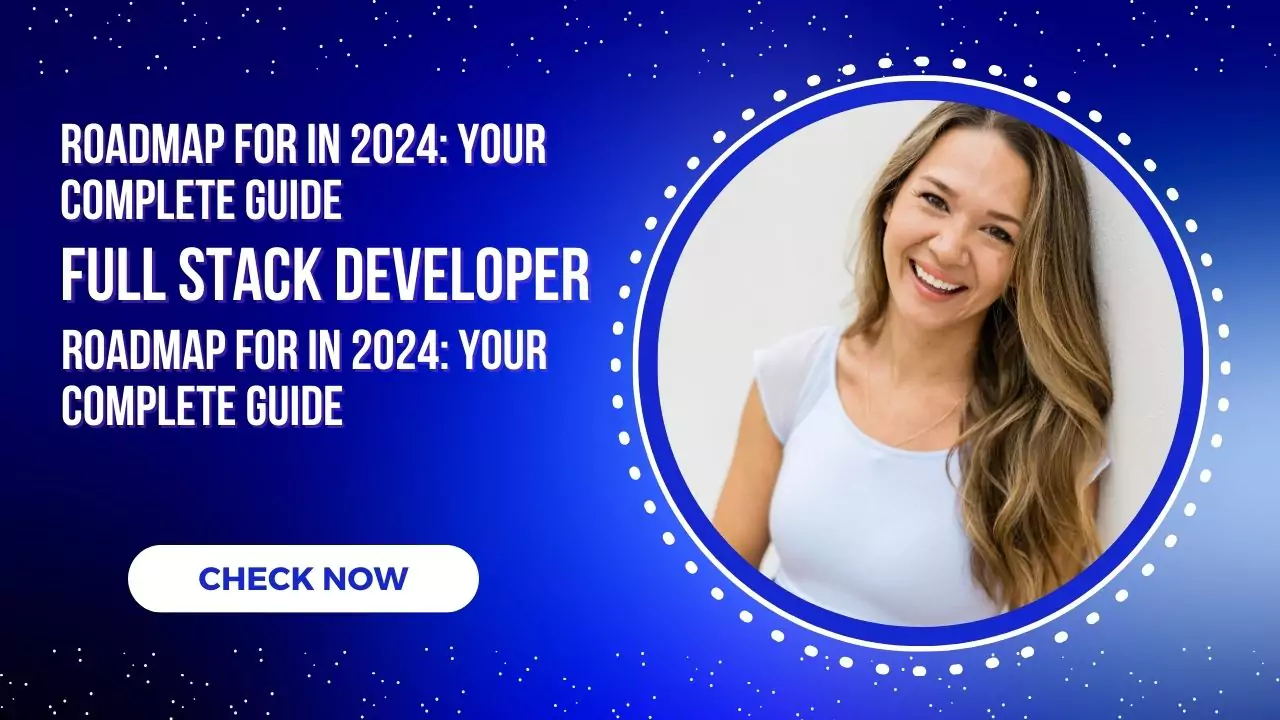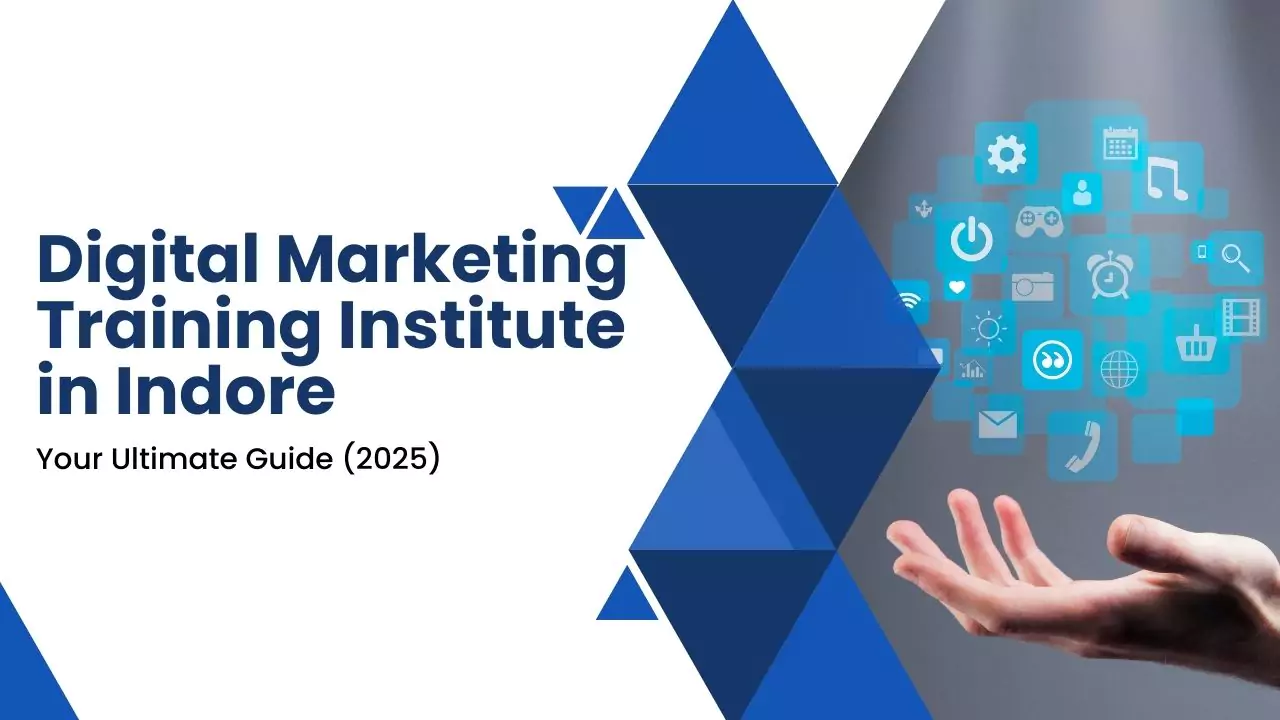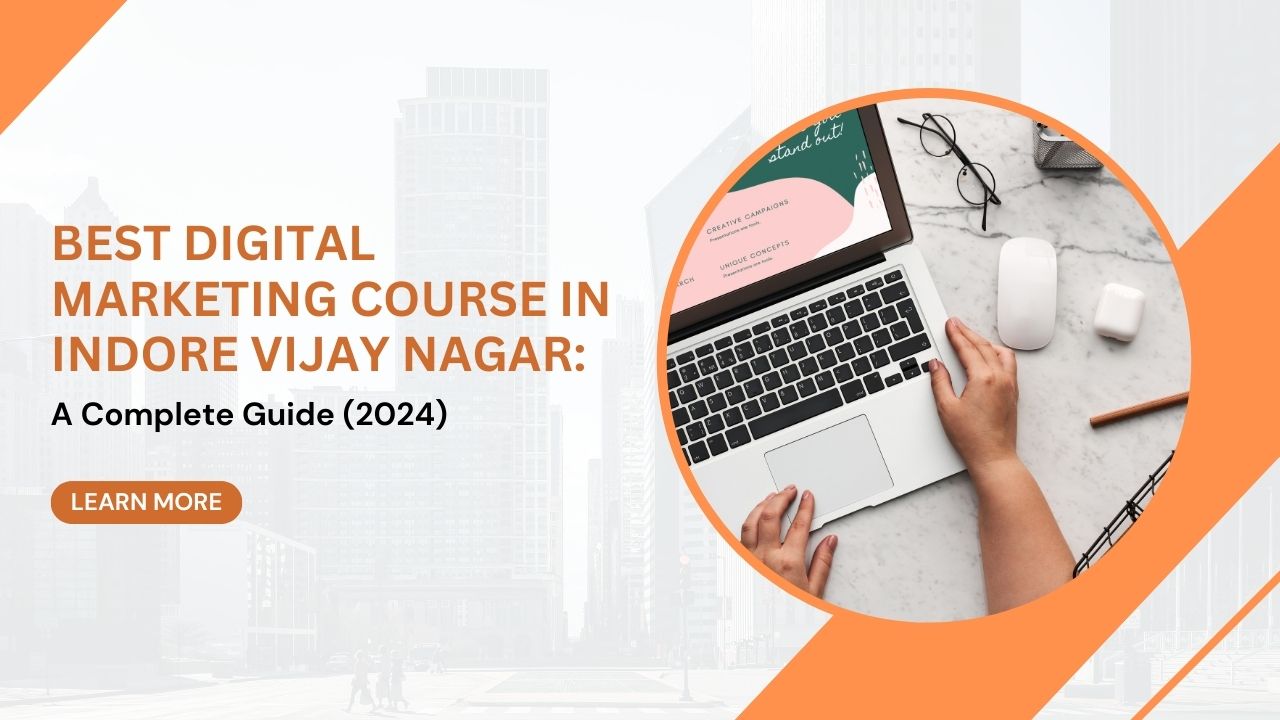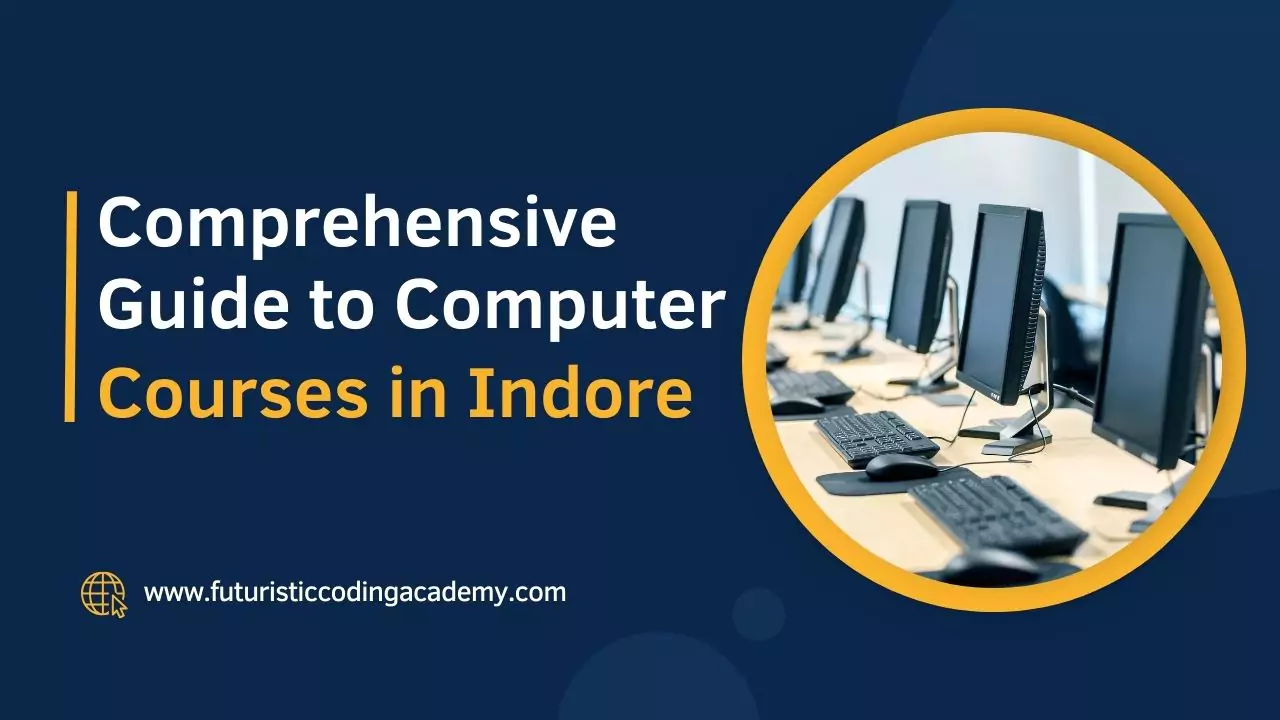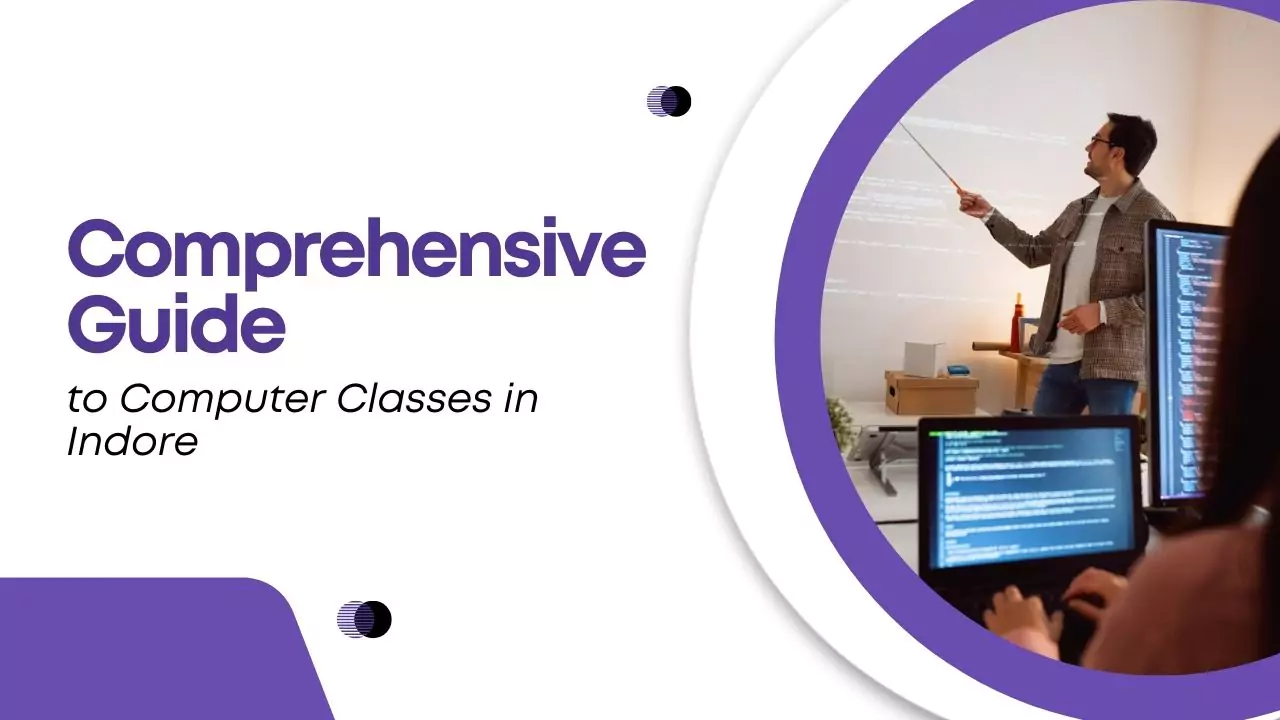Are you looking to kickstart your career as a full stack developer? In today’s tech-driven world, becoming proficient in both front-end and back-end development is a highly sought-after skill. Whether you’re a beginner or an experienced coder, following this roadmap for full stack development will help you achieve your goals. Let’s dive in!
What is a Full Stack Developer?
A full stack developer is someone who is proficient in both the front-end (what users see) and back-end (server, database, and application logic) development. They can create an entire web application from start to finish, handling both the client-side and server-side of development.
1. Front-End Development Skills
To start your journey, mastering front-end development is essential.
HTML, CSS, and JavaScript
HTML and CSS form the foundation of web development, enabling you to structure and design web pages. JavaScript adds the interactive element, allowing you to create dynamic websites. These are the building blocks of front-end development and are necessary skills for any full stack developer.
Check out our front-end development course to dive deeper into these technologies.
Popular Front-End Frameworks
Frameworks like React, Angular, and Vue.js help developers build scalable and efficient applications. React, in particular, is favored for its flexibility and ease of use, making it a great choice for beginners.
- Did you know? According to recent statistics, React is used by 42.62% of developers globally, making it one of the most in-demand frameworks.

2. Back-End Development Skills
The back-end involves working with databases, server logic, and APIs to support the front-end.
Back-End Programming Languages
To succeed as a full stack developer, you need to master at least one back-end language such as Node.js, Python, or Java. Each language has its strengths, so your choice will depend on your project requirements.
Explore our back-end development course to get hands-on experience with these languages.
Understanding Databases: SQL vs NoSQL
Data is the backbone of any application. Learning to work with databases like MySQL (SQL) and MongoDB (NoSQL) is crucial for managing and storing information. SQL is commonly used for relational data, while NoSQL excels in handling large, unstructured datasets.
3. Mastering Version Control with Git
One of the most essential skills for a full stack developer is Git. This version control system helps manage code changes across a development team, allowing for better collaboration and code integrity.
- Tip: GitHub is a popular platform for hosting Git repositories. It is used by more than 73 million developers worldwide, offering features such as bug tracking and project management
4. Build Real-World Projects
The best way to apply your knowledge is by working on real-world projects. Start with simpler projects like a portfolio website or a blog, then gradually take on more complex ones like e-commerce platforms.
Ready to start building? Our project-based coding bootcamp is the perfect place to put theory into practice.

5. Testing and Deployment
Testing your code ensures that your applications run smoothly and without bugs.\
Writing Tests
Deployment
6. DevOps and Performance Optimization
Incorporating DevOps practices can significantly improve the speed and efficiency of your development process. Tools like Docker and Kubernetes help automate testing, deployment, and scaling of applications.
Performance Tuning
Optimizing your application’s performance is crucial for a smooth user experience. Consider caching techniques, using CDNs (Content Delivery Networks), and minifying CSS and JavaScript files for faster load times.
7. Continuous Learning and Networking
The tech world is ever-changing, and to stay competitive, continuous learning is essential. Join online communities, attend webinars, and subscribe to developer newsletters to stay updated with the latest technologies.
Build Your Portfolio
The tech world is ever- Having a portfolio that showcases your full stack projects is critical for landing jobs. Share your work on platforms like GitHub to demonstrate your skills to potential employers.
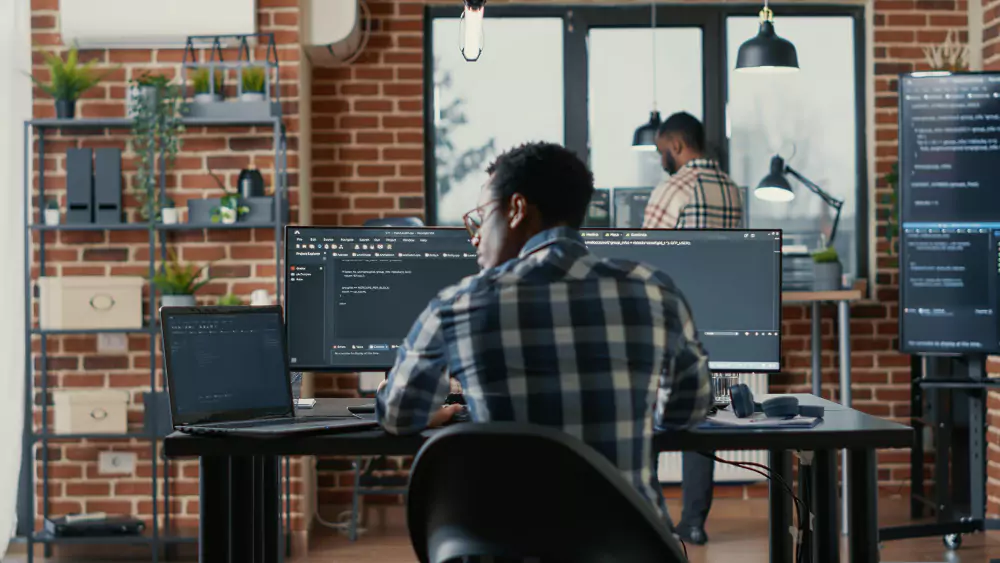
People Also Ask
Becoming a full stack developer requires dedication and continuous learning, but the rewards are well worth it. By mastering both front-end and back-end development, working on real-world projects, and constantly updating your skills, you’ll be well on your way to a successful career.
Ready to start your journey? Enroll in our Full Stack Developer Program today and take your coding skills to the next level.
Conclusion
Can I become a full stack developer without a degree?
Yes! Many full stack developers are self-taught or have attended coding boot camps.
How long does it take to become a full stack developer?
It usually takes 6 months to 2 years of consistent learning, depending on your dedication and prior experience.
What is the roadmap to becoming a full stack developer?
The roadmap to becoming a full stack developer involves learning both front-end technologies like HTML, CSS, JavaScript, and frameworks like React, and back-end technologies like Node.js, Python, or Java, along with database management (SQL or NoSQL). You should also practice version control using Git and build real-world projects to gain hands-on experience.
How long does it take to become a full stack developer?
Becoming proficient as a full stack developer typically takes 6 months to 2 years, depending on your dedication and previous experience. Beginners may need more time, especially if they are learning both front-end and back-end technologies from scratch.
Do I need a degree to become a full stack developer?
No, a degree is not mandatory to become a full stack developer. Many successful developers are self-taught or have attended coding bootcamps. What matters most is practical experience, building projects, and continuous learning.
Which stack is best for full stack development?
Two of the most popular stacks for full stack development are the MERN stack (MongoDB, Express.js, React, Node.js) and the MEAN stack (MongoDB, Express.js, Angular, Node.js). Both are JavaScript-based, making them ideal for beginners and experienced developers alike.
What projects should I build as a full stack developer?
Start with simple projects like a personal portfolio or a blog, then move on to more complex projects like e-commerce sites, social media platforms, or a project management tool. Building both front-end and back-end components will give you a strong foundation in full stack development.
